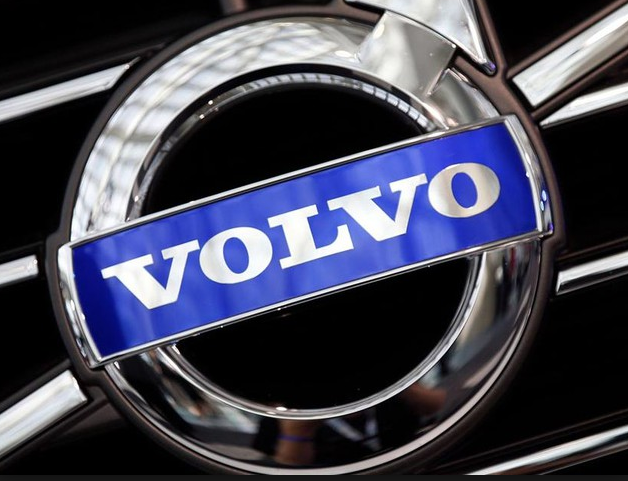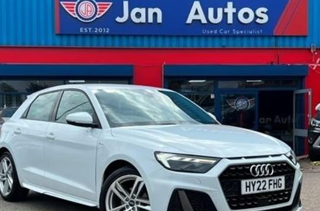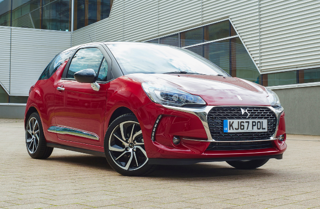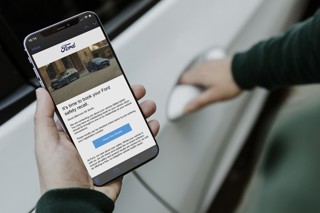Volvo dealers in the UK will be put in touch with thousands of owners of Volvo cars as old as 14 years in order to replace a seatbelt cable which the safety-conscious carmaker fears could become faulty.
Globally more than 2.1 million Volvos, including the best-selling Volvo XC60 SUV, V70 estate and XC70 crossover, S60 saloon and V60 estate and its past flagship S80 saloon, will be called into Volvo dealerships to address a potential issue with cables on the front seatbelts.
Volvo Car UK has confirmed 169,481 of that 2.1m affected cars are in the UK.
The Sweden-based carmaker said there have been no reports of accidents or injuries connected to the issue, and its recall is preventative "to avoid future issues".
It has identified that the cable connected to the front seats "may, under certain rare circumstances and user behaviours, over time suffer from fatigue. This could eventually cause damage to the cable, resulting in reduced seat belt restraint function,” it said.
Volvo, long recognised for its safety innovations, has this year implemented a 112mph (180kph) cap on the top speed of all its new cars now in the market.
And eight years ago it published the goal of making its new cars so safe that there would be no fatalities of occupants of Volvo cars sold from 2020.
This latest recall follows two announced in 2019: one related to 507,000 cars which had a faulty engine component which had the potential to cause a fire, and one of 219,000 cars built between 2015 and 2016 at risk of a crack to the fuel line.
At that time, Volvo stated: "We are taking full responsibility to ensure the highest quality and safety standards of our cars.
“We will do our utmost to perform this action without any unnecessary inconvenience to our customers, and we apologise for the inconvenience caused and are grateful for our customers’ cooperation.”
AM interviewed Volvo Car UK managing director Kristian Elvefors in 2019, just months after his appointment, when he outlined a cautious and pragmatic approach to the brand's future growth in the UK.
Upsetting the apple cart is not Elvefors’ style. He wants long-term emphasis on strong business residuals.
“It’s easy to fly in here, sh*t out some volumes for two years and fly out again, leaving someone else to take care of the residual values. But that’s not the way you should work,” he said in the interview.
“You need to protect used cars and build the value chain. That’s important to us.” He described it as climbing a series of “ladders” – the brand should increase new car volumes, secure used cars, consolidate, find more technician capacity for aftersales, then increase new car volumes and repeat.






















Login to comment
Comments
No comments have been made yet.